
A file photo.
WASHINGTON (PTI): Top US companies are eager to invest in India's booming aviation sector's various fields, from security to building new airports, with recent changes in regulatory environment "encouraging" them, American officials have said.
Though top Obama Administration officials urged the Indian Government to address its concerns with regard to some of the key policy issues, it also praised the recent measures taken by Delhi.
"Indian aviation is experiencing dramatic growth across the board, from the emergence of new carriers to a growing middle class ready to take travel by air. Recent changes to regulatory environment are another encouraging sign," US Transportation Secretary Anthony Fox said at the India-US Aviation Summit here on Tuesday.
"Those changes send a signal to private industry that the Indian government increasingly recognises the needs and interests of business," Fox said.
Director of US Trade and Development Agency (USTDA) Leocadia I Zak said the US-India Aviation Cooperation Program (ACP) is well-positioned to foster growth in the aviation market and to facilitate the changes needed to support that growth.
"The Government of India recognises that growth in the aviation sector means broader growth across the economy, and has already taken steps to enable investment and revise regulations. Last year, the Government approved higher levels of foreign investment in Indian airlines," she said.
"As a result, new investments have recently been announced in both existing and new carriers. The Indian Government has also declared its intent to change its international flight regulations to allow more Indian carriers to enter international service," Zak said.
"USTDA and the ACP have also sought to increase technical capacity through training and the sharing of best practises.
One of the ACP's first activities was an innovative training program that focused on improving high-density air traffic management operations at several Indian airports," Zak said.
USTDA has also worked with its ACP members to assist India in implementing several innovative technologies, she added.
"In fact, before the ACP was formally established, USTDA responded to some of our key US and Indian partners, who had identified a need for improved navigation. The Agency employed a variety of our program tools to assist India in implementing one of the world's most advanced satellite air navigation systems, known as GAGAN," she said.
"As a result, India awarded a major contract to a US-led consortium that is helping to implement GAGAN. When the system becomes operational next year, India will be the fourth region in the world to transition to this cutting-edge technology," Zak said.
Deputy Director General of the US and Foreign Commercial Service (US and FCS) Judy Rising Reinke said that during the past 10 years, US aerospace exports to India have more than doubled reaching more than USD 1.5 billion in 2012.
"But trade goes both ways, and it's important to note our relationship has led to Indian successes as well. Indian aerospace exports to the United States are almost 22 times what they were a decade ago," she said.
Noting that India is now the ninth largest aviation market in the world, she said the market now handles almost 121 million domestic and 41 million international passengers.
This presents many opportunities for partnership between firms from both the countries, she added.
"For example, as many of you know, India is modernising its existing airport infrastructure, aiming to develop 35 non-metro airports with state-of-the-art facilities and technologies. US companies, many of which are attending this summit, have the experience and know-how to help India meet this goal," Reinke said.
"Similarly, US firms have capabilities in maintenance, repair, and overhaul for commercial and general aviation aircraft. We have expertise in pilot training, ground handling equipment, engineering services, cargo management, and emergency response systems for disaster management. These are capabilities we'd like to help India develop," the US official said.
"Partnering with the Indian aviation industry creates economic expansion in India. It helps facilitate more travel and more trade. It has a beneficial impact on safety," she said.
But there are challenges to the cooperation in the aviation sector, she noted.
"There have been challenges to collaboration in aviation and in other sectors. Insufficient energy, transportation, and supply-chain infrastructure adds to the costs and difficulties of doing business in India. Forced localisation measures and offsets can impede collaboration. Regulatory complexity and corruption also can be formidable barriers," Reinke said.
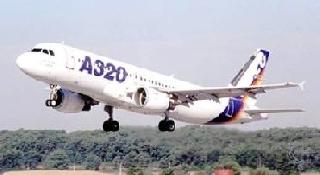 Previous Article
Previous Article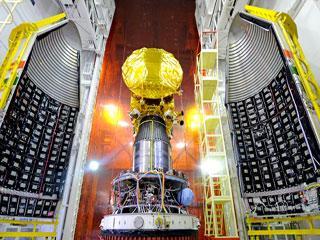 Next Article
Next Article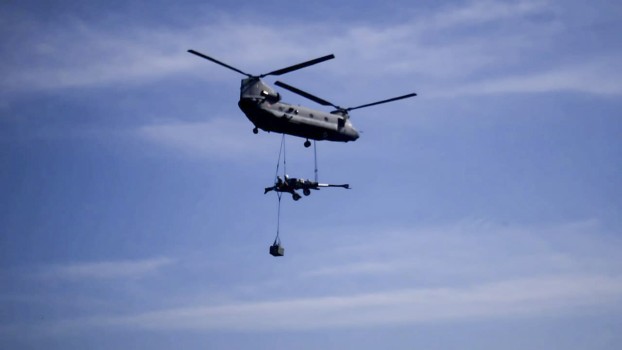

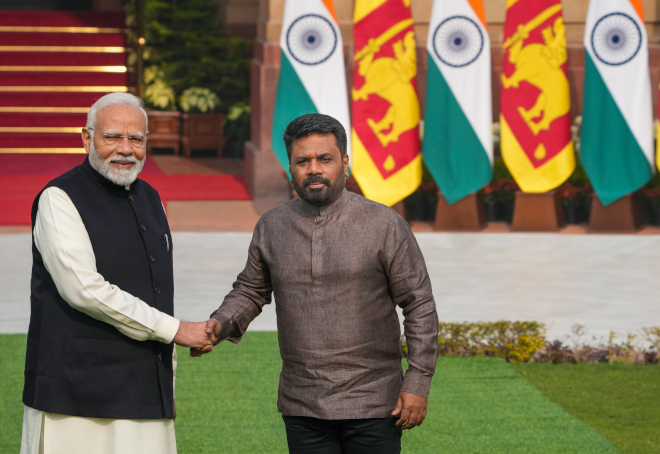
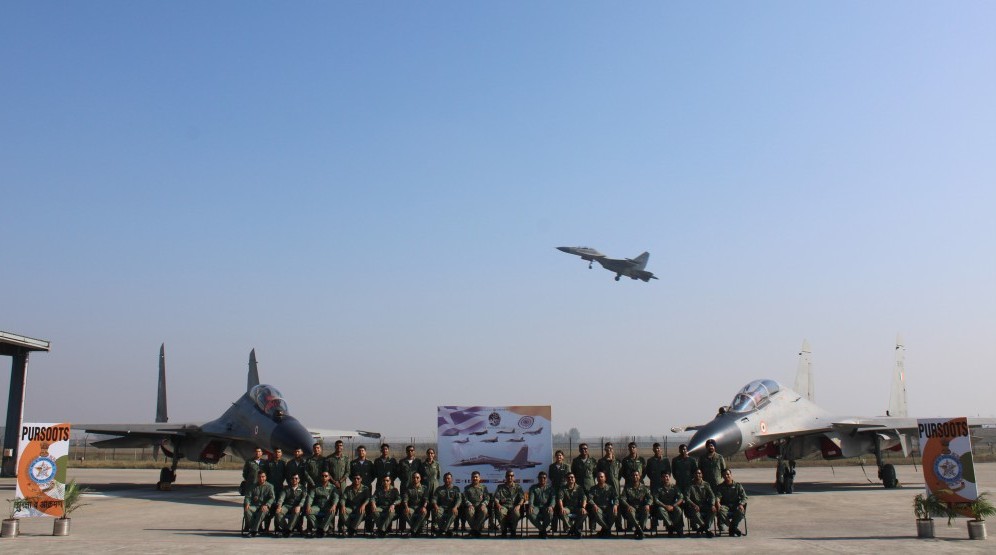










The Indian Air Force, in its flight trials evaluation report submitted before the Defence Ministry l..
view articleAn insight into the Medium Multi-Role Combat Aircraft competition...
view articleSky enthusiasts can now spot the International Space Station (ISS) commanded by Indian-American astr..
view article